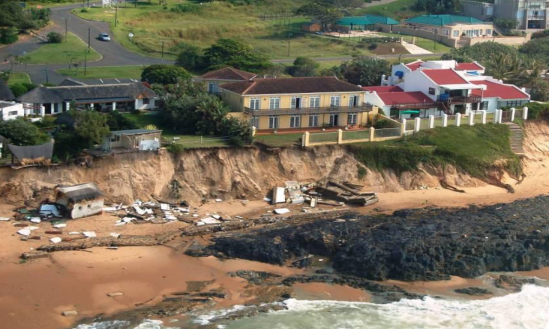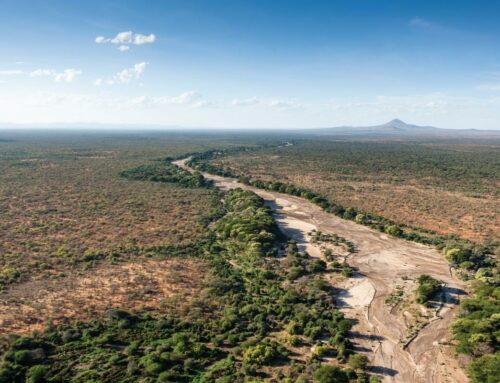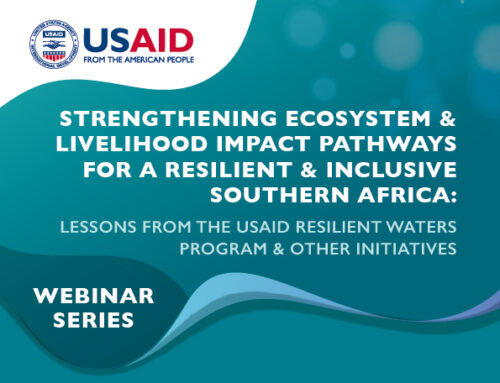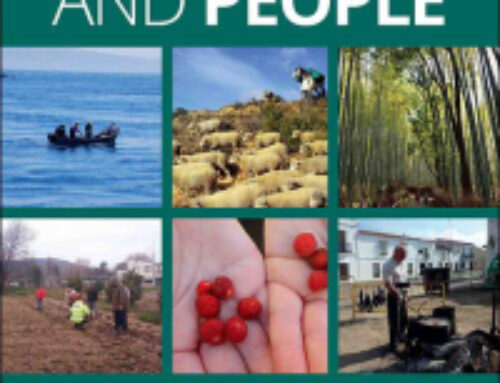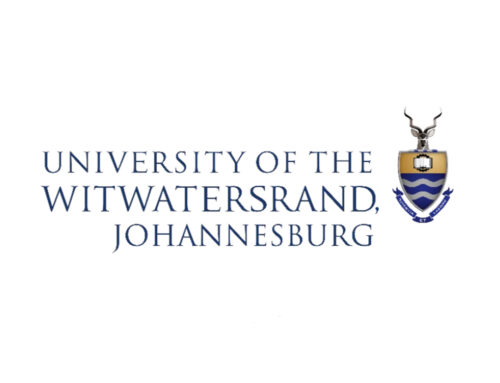A team from Arizona State University, CIRAD, IRSTEA and CEFE (France), Exeter University and Nelson Mandela Metropolitan University, lead by SAPECS member Christo Fabricius, have recently received funding from the Belmont Forum for a three-year study to assess adaptations and perceptions of risk and vulnerability in coastal areas. Called MAGIC (Multi-scale Adaptations to Global change In Coastlines), the project addresses a classical wicked problem: how to respond appropriately to risk and vulnerability in coastal zones. Team members include Resilience Alliance members Marty Anderies, Olivier Barreteau, Katrina Brown, Francois Bousquet, Raphael Mathevet and Christo Fabricius (project leader).
With threats coming from the direction of the land and the sea and with many stakeholders with differing objectives feeling the pressure and wanting to push their agendas, conventional blueprint planning is insufficient to bring about transitions to sustainability in coastal areas. And yet, as decision makers and the public are experiencing these threats and becoming more aware of them, hastily compiled coastal adaptation plans are popping up all over the place. Such plans typically lack a systems perspective and tend to look at a single focal scale and context, often ignoring their knock-on effects to other scales, stakeholders or areas. Adaptations developed in such a blinkered manner frequently lead to perverse policies or poorly planned development with unforeseen consequences beyond the focal scale. Instead of reducing vulnerability they in fact increase it.
The project addresses four linked questions: 1) How do human perceptions of risk and adaptability, and capacity to adapt, influence the adaptive actions and strategies of decision makers? 2) How do such adaptations affect the vulnerability of external groups, places or ecosystem services? 3) Which feedbacks occur when people engage in dialogue, social learning and critical inquiry? And 4) How do perceptions change when decision makers are actively involved in, learn and reflect, in a process of situated social learning?
The project will also involve a group of post-graduate students. Nelson Mandela Metropolitain University‘s Sustainability Research Unit has recruited a Masters and two Doctoral students and the Environment and Sustainability Institute at University of Exeter is searching for post-docs.
More information about the Belmont Forum and its coastal vulnerability projects can be accessed here.


